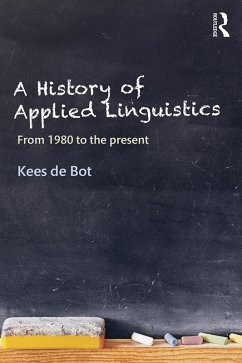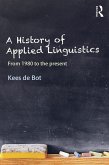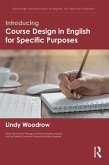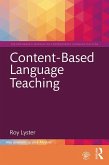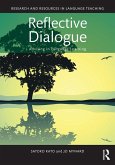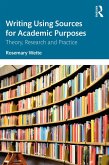Adopting a theme-based approach, the structure of this book is largely defined by the topics covered in interviews with 40 leading international figures selected by the author including Rod Ellis, Diane Larsen-Freeman, Susan Gass, Henry Widdowson, Suresh Canagarajah and Claire Kramsch. These data are supplemented by questionnaires from a further fifty applied linguists, also selected by the author. This will be of interest to anyone studying or researching Applied Linguistics and will also be relevant to those in the related area of English Language Teaching.
Dieser Download kann aus rechtlichen Gründen nur mit Rechnungsadresse in A, B, BG, CY, CZ, D, DK, EW, E, FIN, F, GR, HR, H, IRL, I, LT, L, LR, M, NL, PL, P, R, S, SLO, SK ausgeliefert werden.
"Aimed at investigating how language data can solve real-life problems, applied linguistics brings together such otherwise separate realms as second-language acquisition, anthropology, and computer science. Its sheer breadth of application offers significant challenges to writing a cogent history of the discipline- even a brief account covering only the past 35 years. In A History of Applied Linguistics, De Bot (Univ. of Groningen, the Netherlands) succeeds in doing just that. Basing his discussion on direct feedback solicited from nearly a hundred scholars in the field, the author touches on all major aspects of the development of applied linguistics, including its milestones, competing theories, evolving trends, and hitherto unresolved problems". -- E. J. Vajda, Western Washington University, CHOICE Vol. 53 No. 3
'A History of Applied Linguistics helps applied linguists better understand the scope of the field and their own places within it. It is full of human-interest stories that will provoke conversation about trends and major figures over the last 30 years. Not everyone will agree with everything in this book, but everyone will want to read it.' Margaret Thomas, Boston College, USA
'Kees DeBot has written a book that opens up the foundations of applied linguistics for close examination. His deep investigation of key themes and assumptions is brought alive by the many voices of applied linguists. The issues raised and insights provided will provoke dialogues that can only benefit our field.' William Grabe, Northern Arizona University, USA

